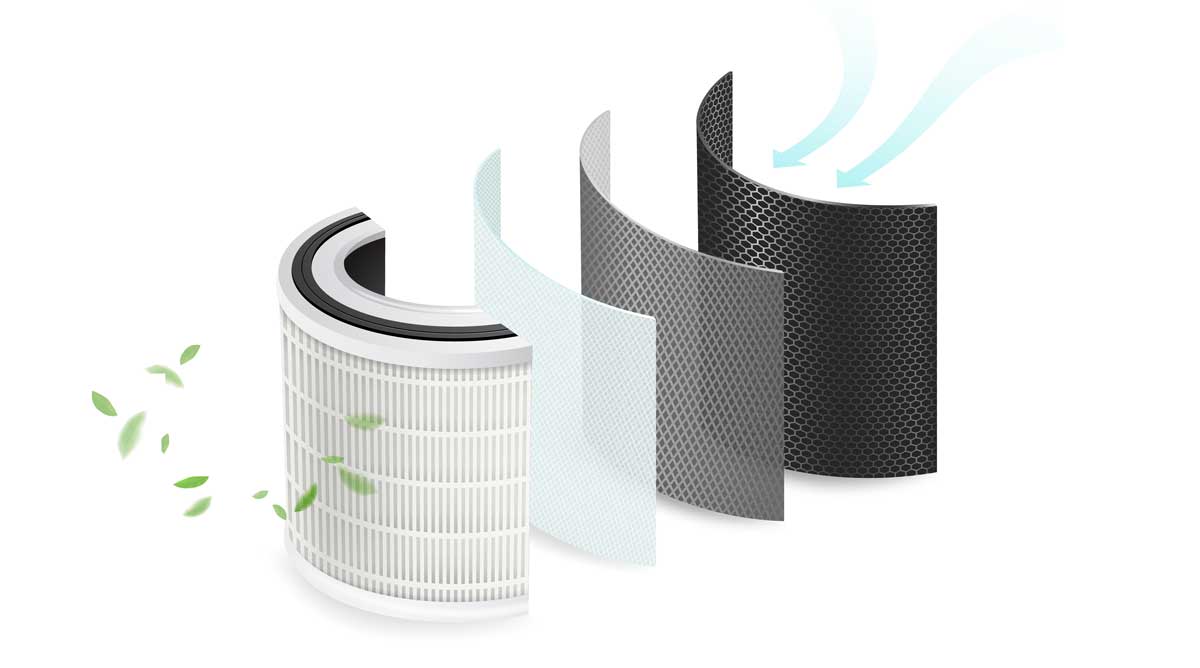Self-driving cars are the talk of the auto industry, but they’re disrupting other sectors too. In fact, reverberations have sounded as the technology advances in fields as far flung as real estate, hospitality, and law enforcement. One sector poised to capitalize on the advent of truly “self-driving cars” is the global chemicals industry, particularly for those involved with automobile manufacturing.
The Chemistry of Self-Driving Cars
Unsurprisingly, the actual chemical mechanics of self-driving vehicles will work much the same as traditional manned automobiles. Engines will run off fuel injections that result in combustion. Liquid cooling systems in the engine block will keep temperatures stable via ethylene glycol. Catalytic converters will catalyze and purify toxic exhaust. What’s different about self-driving vehicles? Simply stated, it’s the sheer magnitude of technology implemented throughout the vehicles, from the wheel base to the steering column to the seats themselves. All these new technological components require a surprising number of specified chemicals to produce.
Technology and the Self-Driving Vehicle
A shocking array of technological components power today’s generation of autonomous vehicles. For example:
- Laser range finders use dozens of beams to create 3D readings of hazards, vehicles, and road conditions
- Ultrasonic sensors on wheels keep track of the car’s movements during parking and reversing
- Gyroscopes and tachymeters inside the vehicle to determine its spatial positioning
- AI robotics are programmed with learning capabilities and “negotiation” techniques for busy highways
But what does all that technology have to do with chemistry? As it turns out…a lot.
The Chemicals in Our Advancing Technology
Which chemicals are most prevalent in the kind of computing technology that powers self-driving cars? Earth metals like lead, gold, copper, aluminum, and silicon are commonly used to plate and solder materials together. Plastics and plastic polymers are increasingly being used to complete electronic circuits as well as lighten the weight of computing components. And even rare metals like ruthenium, neodymium, tantalum, and zirconium are used in the careful construction of computer parts.
The American Chemistry Council says the industry invested nearly $100 million in R&D in 2015 alone. Technology and chemistry are no longer two distinct disciplines, but symbiotic ones, growing together as advancements evolve. Computing chemicals are one of the fastest-growing sectors of the industry, in fact, as plastics, adhesives, and technical textiles change alongside technological products.
Noah Chemicals is a provider of high-purity chemical components for the technology sector. Increasingly, auto and technology are intersecting in ways that would have been unexpected just a few decades ago. That’s why it’s imperative our on-staff chemists stay abreast of the latest advancements.
Want to find out more? Contact us today using the Noah Chemicals contact form.




